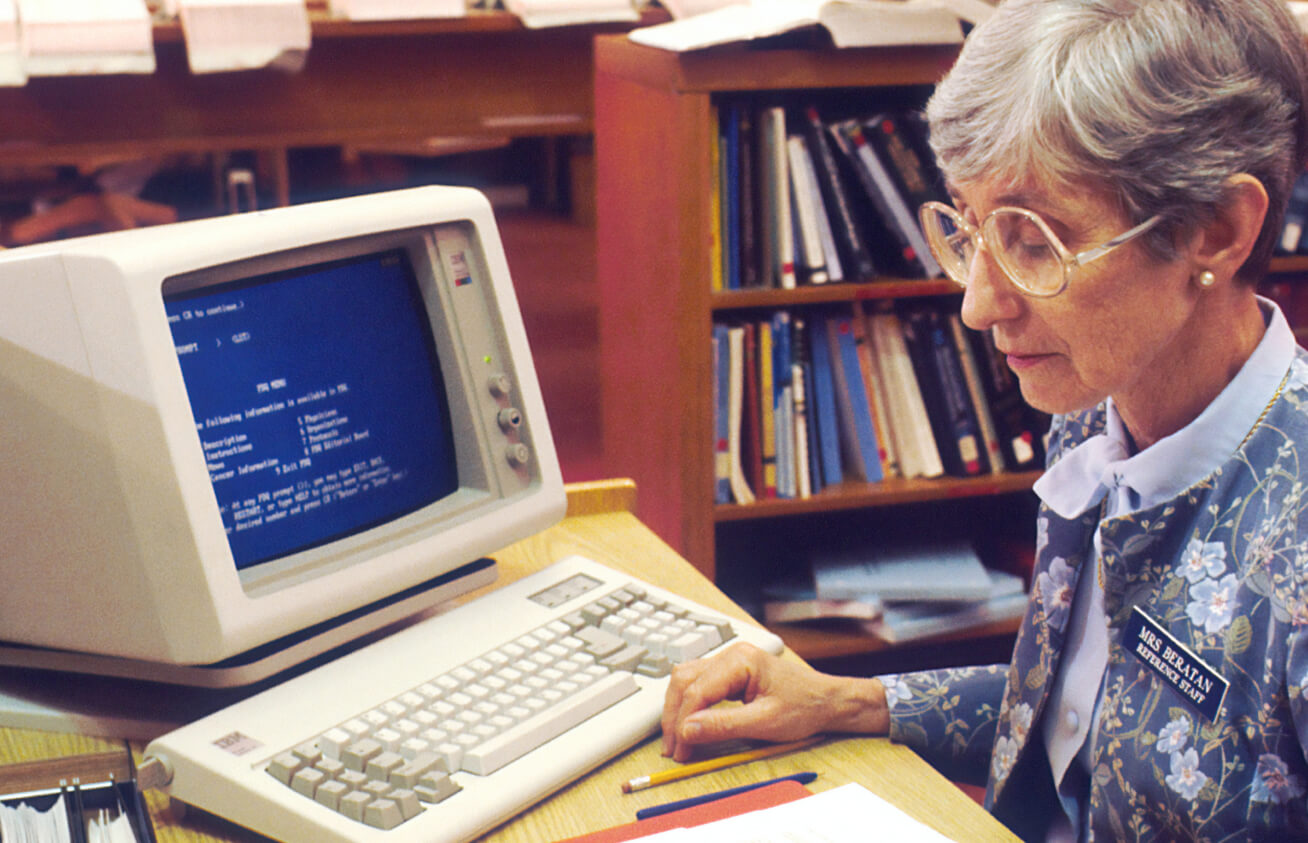The digital future: What will our world look like in 20 years?

The digital world we live in is undergoing a fundamental transformation. With the emergence of blockchain technology, Bitcoin, cryptocurrencies, and decentralized applications, we are experiencing a revolution in the way data is stored, transferred, and utilized. These changes not only bring more control over our privacy but also promise increased security and transparency in our online activities.
We are currently on the brink of a new era in the digital world. This transformation could be as revolutionary as the invention of the internet or the mobile phone. Leading the way is the innovative blockchain technology, which lays the foundation for decentralized and transparent data management. With blockchain, new opportunities for secure transactions, digital identities, and asset management are emerging, with the potential to transform numerous industries. This technology promises not only greater efficiency and security but also a democratization of access to financial services and information.
We don't know exactly how the digital future will unfold. Innovations don’t become mainstream overnight. In the early days of mobile phones, many said, "Oh, I don’t need that." Yet, technologies are developing faster every year. For instance, the speed and capacity of computers have doubled or tripled every few years. Today, with our iPhone or other smartphones, we carry an entire digital world in our pocket—complete with a phone, camera, internet, games, payments, and much more.
The progress of technology as a solution to current challenges is unstoppable. New technologies have forever changed how we relate and interact with one another, and they will continue to do so. Let’s take a look at the internet as an example.
Web 1.0: The beginnings of the internet

In the early days of the internet, also known as Web 1.0 (1990-2000), the internet was essentially just an information source. You could read things, but you couldn’t create your own content. The websites back then were not user-friendly and were very, very slow. Despite these limitations, the introduction of the internet was a groundbreaking development. It fundamentally changed the way we communicate and exchange information. This transformation was driven by brand names like Netscape Navigator and AOL, which provided the first browsers and online services for the mass market.
Web 2.0: The era of social media

With the advent of Web 2.0 (2000-2020), interactive and user-generated content became possible. The internet transformed into a place where people could communicate with each other and share content. Social media platforms like Facebook and Twitter became important spaces for the exchange of information and opinions. The web also became faster and more accessible, leading to its rapid spread and making it a central part of our daily lives. This development was driven by tech giants like Google, as well as websites like YouTube and Wikipedia, which set new standards for information search, video sharing, and the creation of encyclopedias.
Web 3.0: The decentralized future of the internet

Web 3.0: Today, we are transitioning to Web 3.0, the decentralized internet. By using blockchain technology and other decentralized systems, the internet is becoming more secure and transparent. It also holds many opportunities for new business models and applications that can lead to a more fair and inclusive financial system. We are currently in a very exciting phase and have the chance to shape a better digital future. Blockchain platforms like Ethereum, Cardano, and Polkadot are leading this movement, while cryptocurrencies like Bitcoin and Ethereum are already laying the foundation for new digital economic systems.
Don Tapscott, a renowned professor of management at the University of Toronto, describes the blockchain-based internet as follows: "From the internet of information to the internet of assets. Blockchain is a kind of giant global distributed ledger where everything of value—from money to securities to music to a voting right—can be secured, stored, and transferred, all privately." Tapscott’s visionary words illustrate the transformative power of blockchain technology and its potential impact on various aspects of human life.
The blockchain technology behind Bitcoin and new applications are continuously being developed. Of course, regulations, availability, and widespread adoption are also needed. So, what will the digital future look like in 20 years? We cannot predict it. However, the German Future Institute offers a glimpse ahead for our society:
"In 20 years, blockchain will be a cornerstone of the digital society and used in everyday life. Decentralization will give individuals more rights over their privacy, making them more empowered. Crypto tokens will change our understanding of ownership because they can clearly represent ownership structures. Naturally, this will require a legal framework. The total assets of a person or company could be quickly and transparently measured through blockchain. Even elections could take place via blockchain, making them fraud-proof and more transparent. Democracy would become more transparent. Blockchain will simplify many aspects of life in various areas of society."
This article does not constitute investment advice or a solicitation to buy or sell digital assets or other financial instruments or to enter into any other financial transaction. The main purpose of this article is to provide general information. No representations or warranties, express or implied, are made regarding the fairness, accuracy, completeness, or correctness of this article or the opinions contained therein. Therefore, it is advisable not to rely on the fairness, accuracy, completeness, or correctness of this article or the opinions contained herein. Some statements in this article may contain forward-looking expectations based on our current views and assumptions. These statements are subject to uncertainties and may lead to actual results, performance, or events differing from the statements made in this article.
The Cryptonow Group and its subsidiaries, as well as any advisory or representative persons, cannot be held liable in any way for this article.
It is important to note that investing in digital assets carries risks as well as potential gains.
